I do not wish them to have power over men, but over themselves
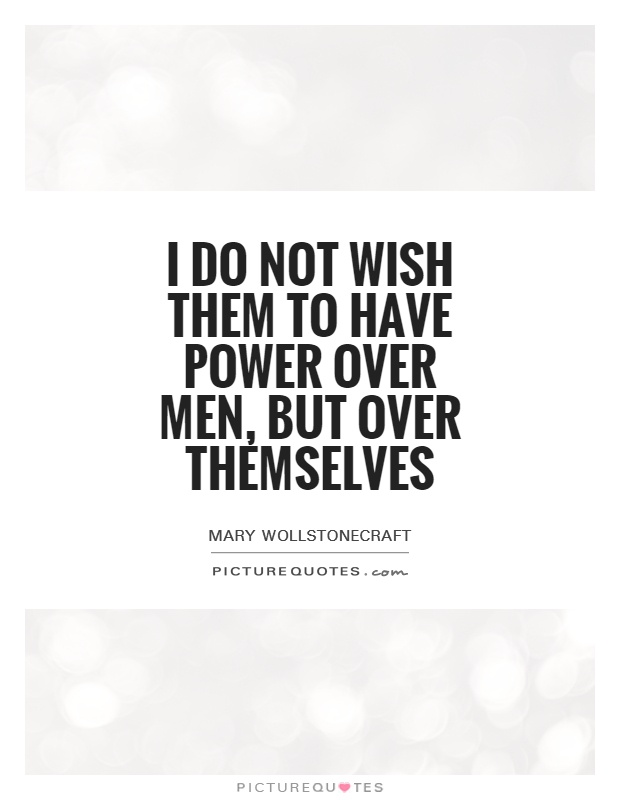
I do not wish them to have power over men, but over themselves
Mary Wollstonecraft, an influential feminist writer and philosopher of the 18th century, is known for her groundbreaking work advocating for women's rights and equality. One of her most famous quotes, "I do not wish them to have power over men, but over themselves," encapsulates her belief in the importance of women's autonomy and self-determination.Wollstonecraft argued that women should not seek to dominate or control men, but rather to have control over their own lives and destinies. She believed that women should be able to make their own choices, pursue their own interests, and have agency over their own bodies. In a society that often relegated women to the role of passive and dependent beings, Wollstonecraft's words were a powerful call for women to assert their independence and assert their rights.
Wollstonecraft's emphasis on women's self-empowerment was revolutionary for her time, when women were largely seen as inferior to men and were denied basic rights and opportunities. By advocating for women to have power over themselves, Wollstonecraft was challenging the prevailing social norms and advocating for a more just and equitable society.
Wollstonecraft's ideas continue to resonate today, as women around the world continue to fight for equality and autonomy. Her words serve as a reminder that true empowerment comes from within, and that women should not seek validation or approval from men, but rather from themselves.
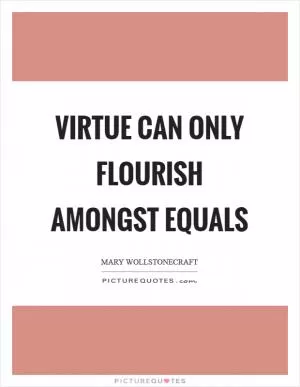
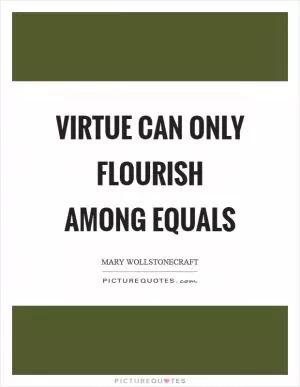
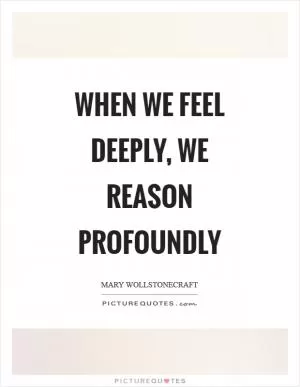
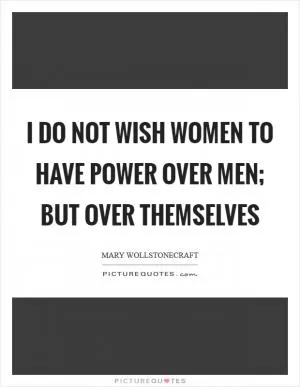
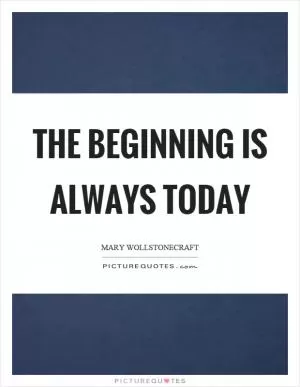
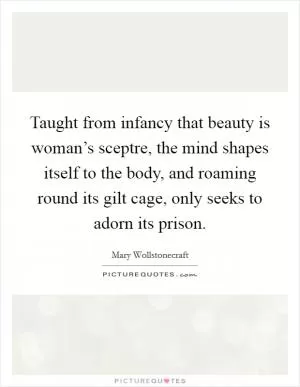
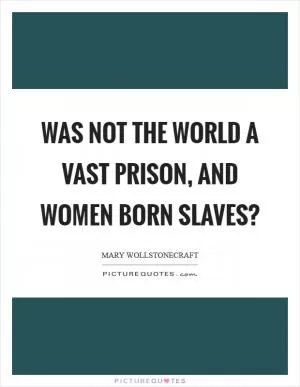
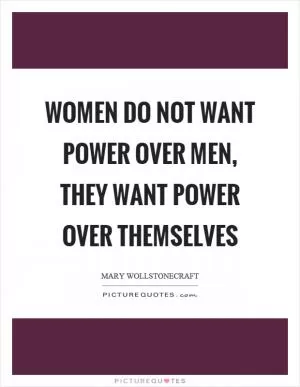
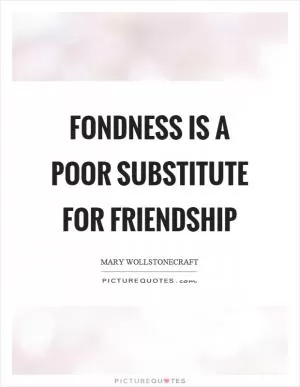

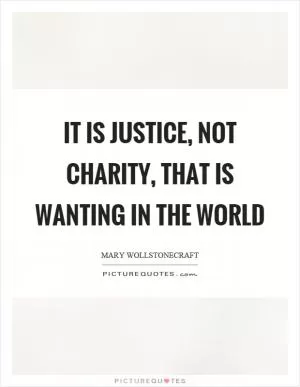

 Friendship Quotes
Friendship Quotes Love Quotes
Love Quotes Life Quotes
Life Quotes Funny Quotes
Funny Quotes Motivational Quotes
Motivational Quotes Inspirational Quotes
Inspirational Quotes